Research
This page provides an overview of the research interests of CEREB principal investigators and postdocs.
Prof. Dr. Johannes Bauer

Research interests: Coming from the field of empirical educational research, my interest is on studying individual dispositions that enable learners to act competently in professional contexts (e.g. teacher education, health care). A current focus is on improving our understanding of the cognitive and motivational prerequisites that facilitate the use and competent interpretation of scientific evidence in order to inform one’s professional action and decision making. For example, in our studies we analyze how people without scientific expertise (“laypeople”) interact with scientific information, how they can evaluate and use it successfully, and how related competences can be fostered. We employ a variety of methods and designs ranging from large-scale surveys to field and lab experiments.
Keywords: Professional Learning and Development, Evidence-based Practice, Scientific Reasoning and Argumentation, Competences, Training, Assessment.
Prof. Dr. Cornelia Betsch

Research Interests: Cornelia Betsch is a psychologist with a PhD from the University of Heidelberg (2006), Germany and habilitation from the University of Erfurt, Germany (2013). She works at the University of Erfurt as the scientific manager of the interdisciplinary Center for Empirical Research in Economics and Behavioral Science (CEREB). With her group, the Psychology & Infectious Diseases Lab, she aims at understanding principles of health behavior by applying a judgement and decision-making and strategic interaction perspective to infectious disease control - especially with regard to the vaccination decision and prudent use of antibiotics. She is interested in social and individual aspects of health and medical decision making. She is a co-founder of the health research network GENIA at the University of Erfurt. Cornelia Betsch is a member of the European Technical Advisory Group of Experts in Immunization (ETAGE, WHO/Europe) and of the National Verification Committee for the Elimination of Measles and Rubella (Robert Koch Institute, German Ministry of Health).
Keywords: Judgment and Decision Making, Health and Medical Decision Making, Risk Perception and Evidence-Informed Health Communication.
Prof. Dr. Tilmann Betsch

Research Interests: I am interested in understanding how individuals make conscious and unconscious decisions. Among others, my research addresses the following questions: How does the cognitive system processes and integrates choice relevant information such as goals, values and probabilistic cues? How do people make qualitative and quantitative judgments? How do people form attitudes towards objects and behavioural option? How does experience influences preference formation and routinization? What are the processes behind intuitive decisions? How do automatic and deliberate processes help us adapting to changing environments?
Keywords: Judgment and Decision Making, Information Integration, Attitude and Preference Formation, Experience, Routines and Intuition, Deliberation and Automaticity in Adaptive Decision Making.
Prof. Dr. Oliver Himmler
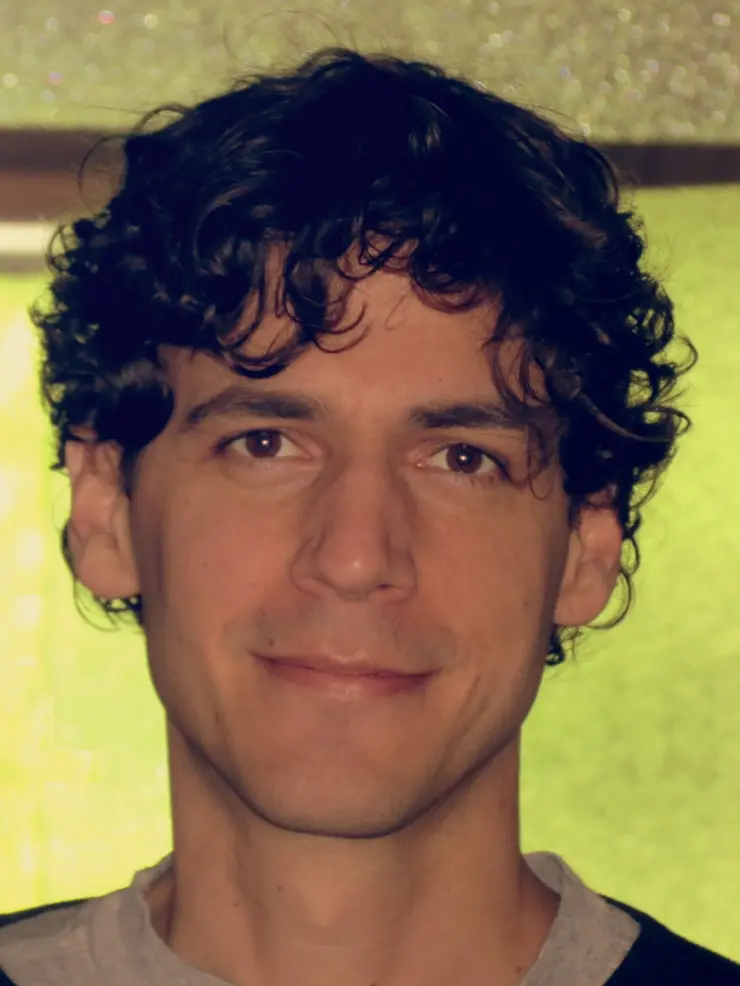
Research Interests: At the core of my research agenda are empirical projects in applied microeconomics. My main interest is in the use of modern methods of policy design and policy evaluation in fields such as public economics and the economics of education. Broadly speaking, I explore experimental and quasi-experimental approaches to gain insights into the effects of institutions on human behavior. Topics I am interested in include the analysis of norm breaking behavior, the connection between mass media and the behavior of politicians, and how features of the education system can affect academic outcomes. Currently, a large research project uses insights from behavioral economics to design cost-effective policy interventions in higher education with the aim of helping students succeed in their studies.
Keywords: Economics of Education, Public Economics, Social Norms, Field Experiments, Evidence-based Policymaking
Prof. Dr. Manfred Königstein
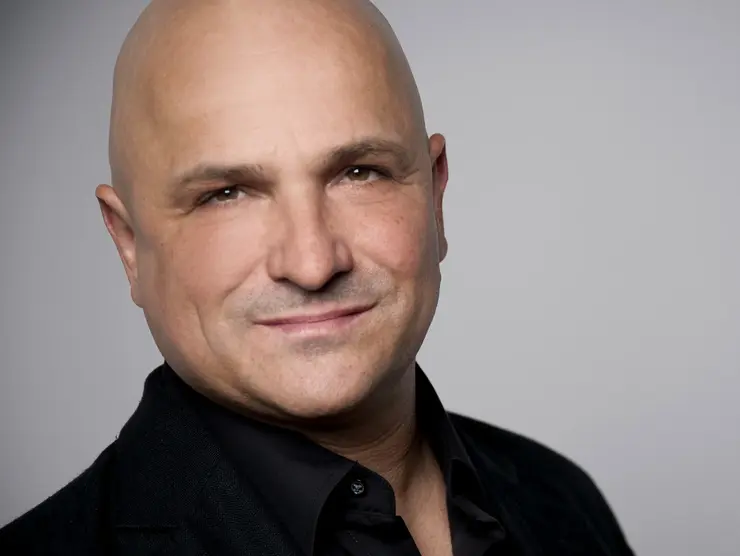
Research Interests: I am working in the field of behavioral economics, and my research focus is on the effectiveness of monetary incentive contracts and the relevance of fairness for cooperation and performance of individuals and teams. Such questions arise within organizations, and they are addressed in personnel and labor economics. To collect data I use laboratory experiments which allow for increased control compared to natural environments. Observable decisions are compared against predictions of game theoretic models relying on social preferences. I have a special interest in the application of econometric tools in experimental data analysis, e.g. estimation of quantal response models. Another recent study investigates the influence of endogenous leadership on trust and reciprocity.
Keywords: Monetary Performance Incentives, Principal-Agent Game, Cooperation, Fairness, Behavioral Economics
Prof. Dr. Dominik Maltritz
Research Interests: Under construction.
Keywords: Under construction.
Prof. Dr. Guido Mehlkop
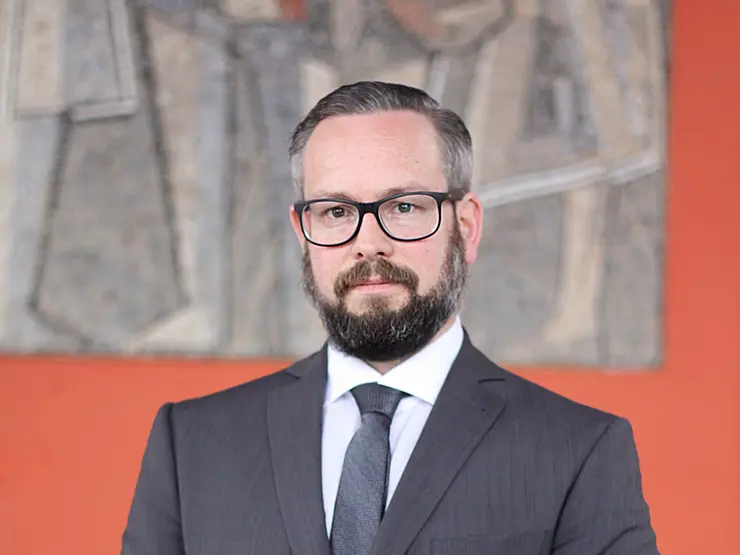
Research Interests: Currently I am working on an integrated explanation of human decision-making by combining sociological (normative-culturalistic) approaches of norm-guided behavior with economic approaches of utility-maximization. In my phase model the degree of norm-internalization is interacted with cost-benefits expectations: the individual normative structure determines a) what actions are seen as appropriate in a given situation and b) the extent of how detailed actors deliberate on different alternatives. This research is in line with other interdisciplinary approaches like the Model of Frame Selection (Esser; Kroneberg), the Theory of Reasoned Action (Ajzen/ Fishbein) and the MODE model (Fazio). Together with my colleagues I have empirically tested the model for behavior like shoplifting, fare-dodging, tax and insurance fraud, reckless driving, corruption, substance abuse, and voting behavior. I have also published a number of journal articles and books in the field of empirical macro-sociology, i.e. on the determinants of economic growth and income inequality, military sociology, suicide studies, and social capital.
Keywords: Utility Maximization, Social Norms, Interaction Effects, Behavioral and Experimental
Economics, Ethical Judgments..
JProf. Dr. Hauke Meyerhoff
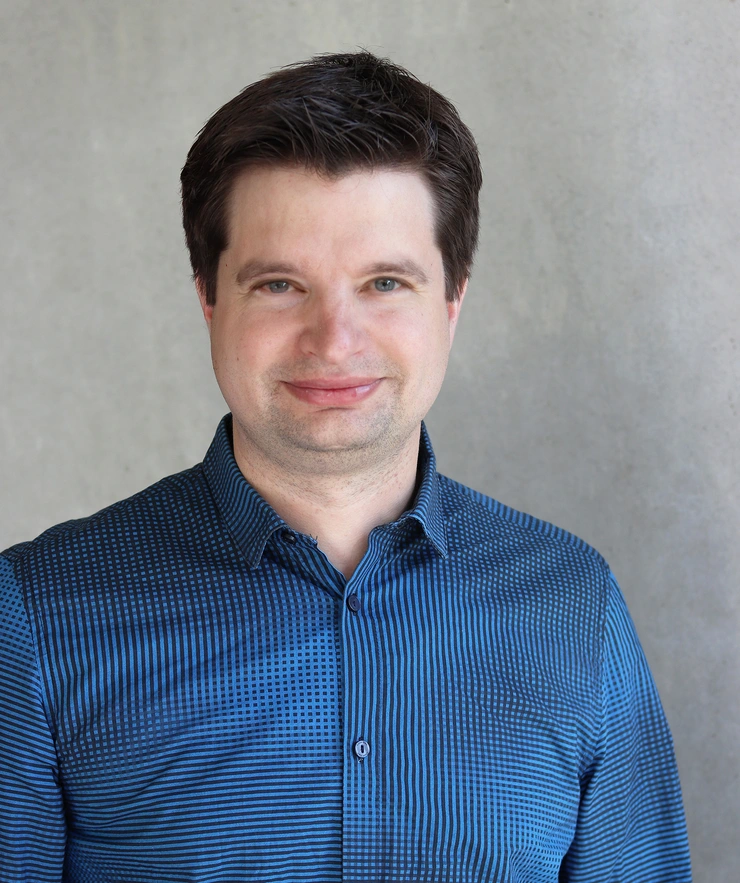
Research Interests: My research focusses on human perception, attention, memory and learning in a dynamic and digitalized world. How do our attentional resources allow us (or not?) to keep track of the dynamic changes in our environment? How do we integrate sensory information form different modalities into a coherent mental representation of the outside world? And how does the use of modern technology to externalize cognitive processes impact our interactions with our environment as well as our internal memory and skills? In my research, I approach these (and related) questions with methods from experimental (cognitive) psychology.
Keywords: Cognitive Offloading / Externalizing Cognitive Processes, Crossmodal perception and Attention; Multimodal Memory and Learning, Dynamic Attention
Prof. Dr. Till Talaulicar
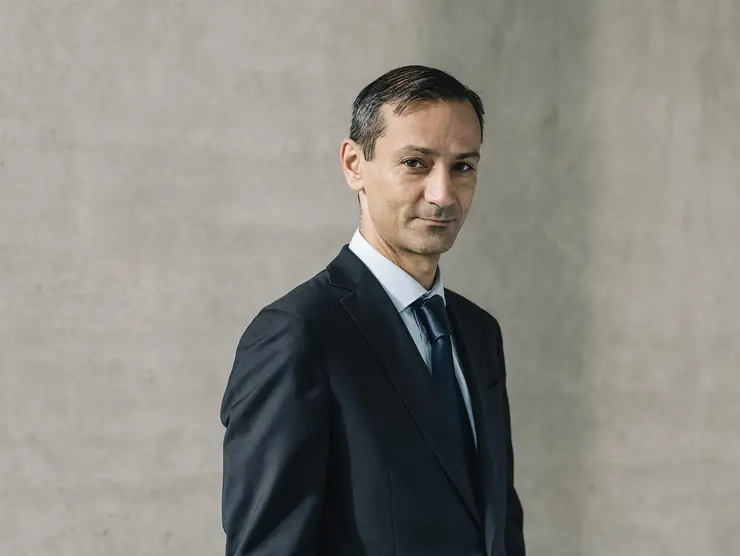
Research Interests: My research interests focus on corporate governance, organization design and corporate ethics. More specifically, I analyze the impact of organizational structures and processes on managerial decision-making within various types of companies. General research questions include the following: What are the systems, structures and processes of corporate governance? How can we explain and predict the determinants and consequences of the acceptance of internationally recognized standards of good and responsible management? What are the antecedents and moderators of efficient board processes? How do behavioral processes within and between the management board and the supervisory board affect board efficiency and firm performance? How can the thoroughness of managerial decision-making be measured and assessed? What are the antecedents and effects of more or less thoroughly prepared management decisions? How do institutional differences influence the governance and performance of various types of companies? How can we assess the efficiency of organizational structures? Which measures can be utilized to implement corporate ethics? How should these ethics measures be designed in order to enhance ethical decision-making?
Keywords: Board Processes; Boards of Directors, Codes of Conduct, Codes of Corporate Governance, Compliance, Corporate Codes of Ethics, Corporate Ethics, Corporate Governance, Management and Control, Management Board, Managerial Decision-Making, Organization Design, Shareholder Activism, Stakeholder Management, Standards of Good and Responsible Management, Supervisory Boards, Top Management Teams, Upper Echelons, Whistleblowing.
Prof. Dr. Miriam Zschoche
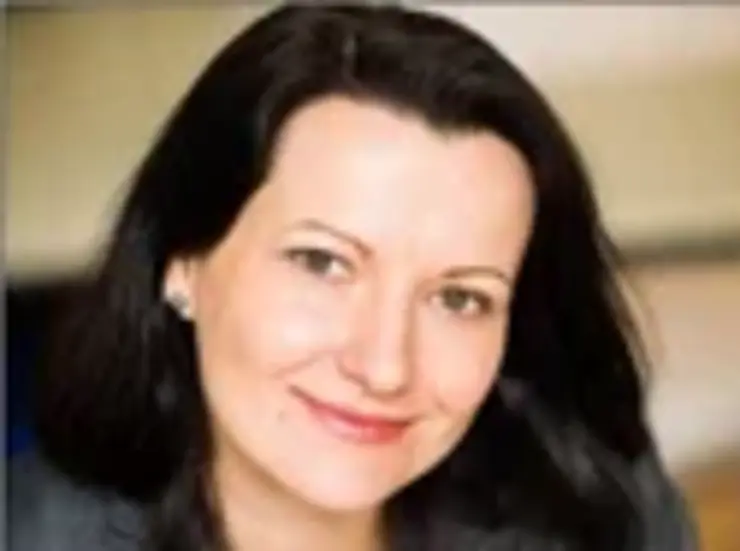
Research Interests: Prof. Dr. Miriam Zschoche is Professor for Strategic Management at the University of Erfurt. Before joining the University of Erfurt in April 2017, she was Assistant Professor for Strategic Management and Organization at WHU – Otto Beisheim School of Management in Vallendar since 2015. She recieved her PhD in International Management at University of Augsburg and visited the Kellogg School of Management, U.S. as post-doctoral researcher afterwards. Prof. Zschoche’s research concentrates on strategic international management, competitive dynamics, and family firms, combining microeconomic modelling and empirical analyses in research projects.
Keywords: Strategic International Management, Competitive Dynamics, Family Firms, Microeconomic Modelling, Empirical Analyses.
Dr. Collins G. Adeyanju
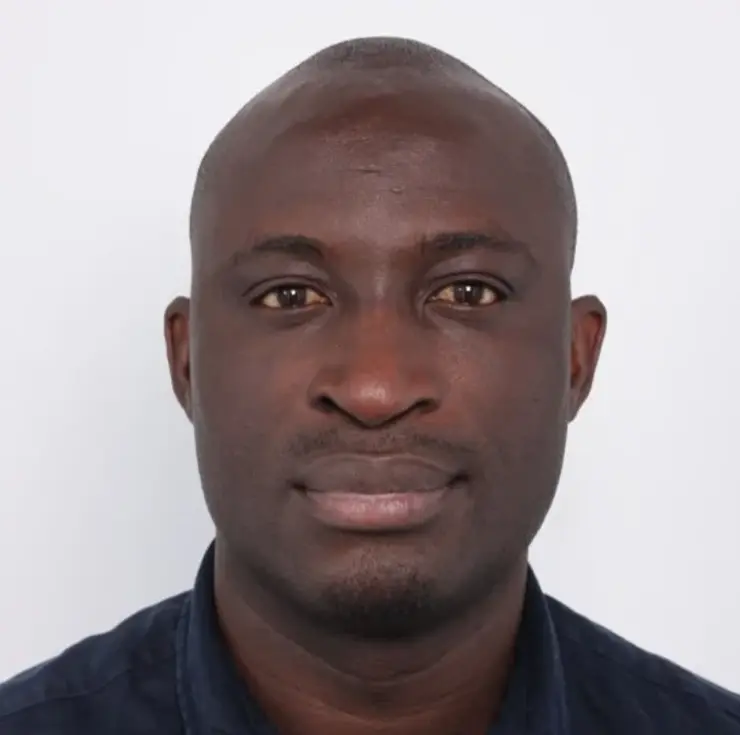
Research Interests: I am a postdoctoral researcher and lecturer (since 2017) at the Department of Media and Communication Science of the University of Erfurt. I worked previously with both the Federal Government of Nigeria and international development organizations in Nigeria and Germany. My public policy and public health exposures infuse both impact evaluation of donor-funded intervention projects and using behavioural science tools to understand decision making. Currently, I am leading the BMBF funded MisGenMas research project on “Understanding Drivers of Misinformation, Gender Disparity and Masculinity on Vaccination Decision-making in Sub-Saharan Africa”. The project will contribute to behavioural science knowledge that enhance evidence-based policy change in the health system and promote positive health-seeking behaviour in the Sub-Saharan Africa region.
Keywords: Health communication, Vaccine hesitancy, Social and behavioural insights, Health decision-making, Evidence to policy, Gender disparity (boys-girls) and masculinity in household decision-making, Sub-Saharan Africa
Dr. Raphael Brade
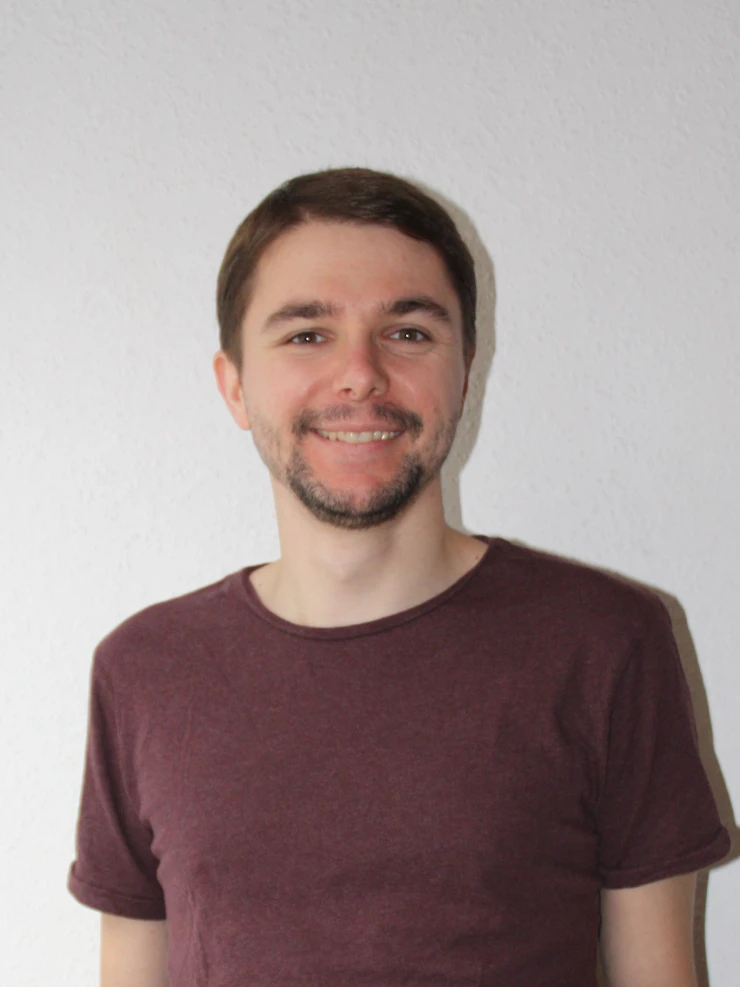
Research Interests: In my current research I focus on developing and evaluating behaviorally informed interventions that aim to improve the academic success of university students in the face of high dropout rates and delayed graduation. I am particularly interested in the effects of social information – e.g., about others’ past behavior or an individual’s relative performance – on individual decision making and combining randomized field experiments with other econometric approaches such as quasi experiments and machine learning techniques.
Keywords: Economics of Education, Behavioral Economics, Social Information, Randomized Field Experiments, Applied Econometrics
Dr. Dominik Daube

Research Interests: As a behavioural scientist with a background in health communication, my research interests revolve around information and decision-making behaviours, as well as responsibility attributions in health contexts. Specifically, I focus on planetary health behaviour and the development of campaigns and strategies for evidence-based health communication. My current work centres on heat-related behaviour—investigating how people can better protect themselves during heatwaves and how to design evidence-based awareness campaigns around this topic. Additionally, I conduct intervention research, particularly in the areas of nudging and prosocial behaviour. I also have a strong interest in science communication, with the goal of making complex scientific concepts accessible and comprehensible to a broader audience. My work aims to bridge the gap between scientific research and practical application in ways that positively impact public health and behaviour.
Keywords: Planetary Health Behaviour, Evidence-based Health Communicaiton, Nudging, Prosocial Behaviour, Science Communication
Dr. Özgur Gürerk
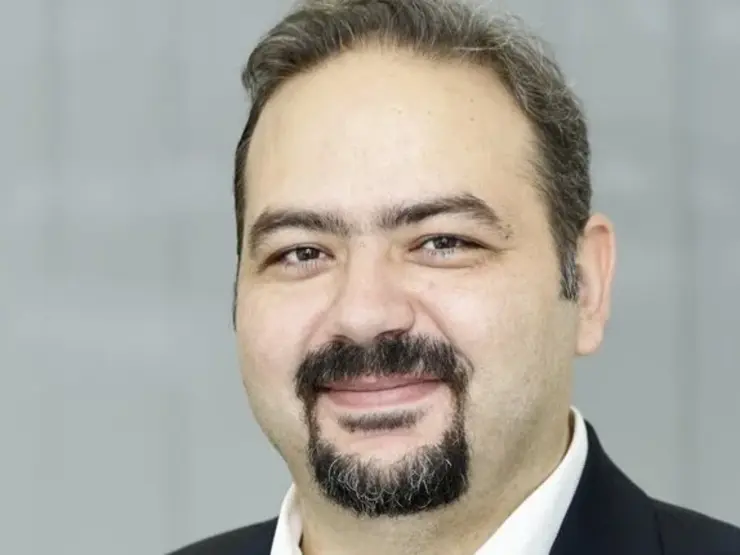
Research Interests: In my research, I focus on how to increase and sustain cooperation in social dilemmas. The endogenous framework I frequently use provides individuals with a free choice of the institution where they interact with same-minded others. My studies have repeatedly shown that sanctioning institutions are cooperation enhancing, and attract many, despite people's initial reluctance against sanctions. I also study cooperation in the context of leadership in teams. In recent years, I investigate the potential of virtual reality (VR) as a promising experimental tool. Unlike conventional labs, VR enables researchers to conduct studies in context-rich settings without losing experimental control. Additionally, the unique properties of VR technology enable experiments that are not possible otherwise. For example, VR allows creating seemingly risky settings that participants perceive as real.
Keywords: Cooperation, endogenous choice, institutions, experimental economics, virtual reality, leadership
Dr. Wasilios Hariskos
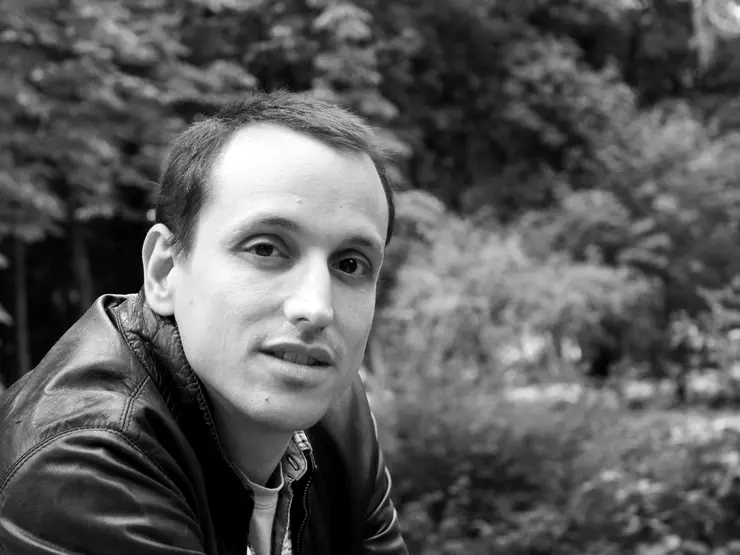
Research Interests: I am working in the field of behavioral economics and cognitive psychology. Among others, I am interested in understanding/predicting choices and underlying psychological processes in individual and social decision-making. My current research projects address questions such as: Which patterns of cooperation can emerge in large social dilemmas if people are inequality averse? How do people resolve normative conflict between equality and equity norms in social dilemmas? How predictive are psychological theories of lexicographic heuristics compared to economic theories of social preferences? How can social preferences and lexicographic heuristics be tested at the behavioral level with ranking data? How can academics make use of academic coaching and decision analysis for deciding which career to pursue? How do values influence the evolution of selfish/prosocial behavior in business education?
Keywords: Microeconomics, Game Theory, Bounded Rationality, Decision Analysis, Behavioral Economics, Cognitive Psychology, Social Preferences, Heuristics.
Dr. Mirjam Jenny

Research Interests: Mirjam Jenny is a cognitive decision scientist, science communicator, science lobbyist, and networker. Her goal is to empower individuals and organizations to make evidence-informed, risk-savvy, and sustainable decisions in our globalized and increasingly digitalized world. She aims to serve our democratic society by engaging with citizens, journalists, expert decision–makers, research organizations, funders, government organizations, private and public stakeholders, and policy makers. Her areas of focus are public, global, and planetary health; and science, health, and crisis communication.
Mirjam Jenny serves as the scientific managing director of the Institute for Planetary Health Behaviour and recently built and lead the science communication unit at the Robert Koch Institute (Germany’s Public Health Institute) and consulted communications at the WHO Hub for Pandemic and Epidemic Intelligence. She consults several government and non-government organizations including the Centre for Planetary Health Policy by the German Alliance on Climate Change and Health.
Keywords: decision making, science communication, risk communication, risk literacy, crisis communication, planetary health behaviour
Dr. Thomas Lauer

Research Interests: Coming from the field of experimental and behavioral economics, my research is mainly focused on how people’s expectations, motives and preferences affect their behavior in strategic contexts, and how the institutional mechanisms of these contexts shape people’s choices. One of the main questions I address in my research is how cooperation among people can be fostered and what organizational conditions are necessary to sustain this cooperation I am currently working on projects that address questions like: How does peoples patience affect their cooperation behavior? Are people willing to cooperate with succeeding generations? Can cooperation be sustained in the presence of lying? Can people inspire others to cooperate? To answer these questions, I use data from laboratory, online and field experiments.
Keywords: Behavioral Economics, Cooperation, Institutional Mechanisms, Social Norms and Preferences, Time Preferences, Sustainable Choices.
Dr. Stefanie Lindow
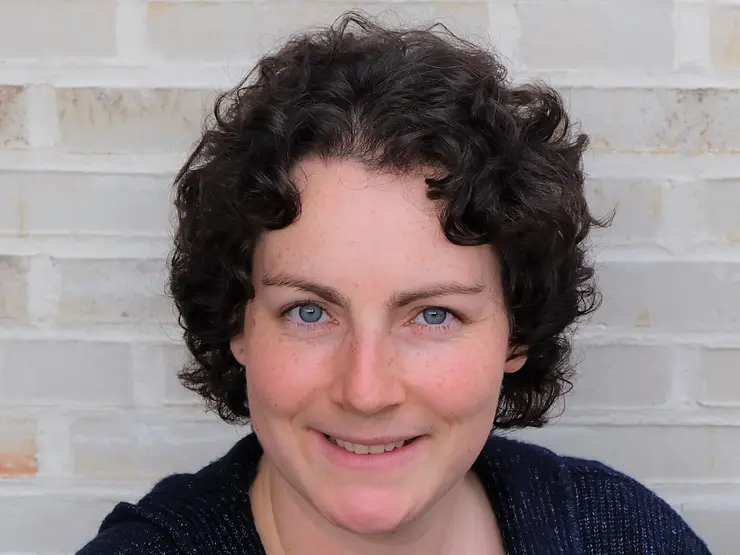
Research Interests: I am working in a research project on children’s probabilistic decision making funded by the Deutsche Forschungsgemeinschaft. We aim at understanding under which conditions children are able to make good, informed decisions. Beyond this, I’m interested in the development of decision making over the whole life course – starting in early childhood to late adulthood. How do processes of decision making such as information search and information integration develop with age?
Keywords: Judgment and Decision Making, Children’s Decision Making, Information Integration, Information Search, Development of Decision Strategies, Development of Adaptive Decision Making
Dr. Frank Renkewitz

Research Interests: My research currently focuses on decision strategies, determinants of the selection of such strategies and the development of empirical methods for their identification. In particular, I am interested in the role of memory processes in decision making. Additionally, I investigate heuristic processes and the discounting of heuristic information in frequency and probability estimates. Moreover, I am interested in publication biases in the field of psychology and statistical methods for their detection.
Keywords: Judgment and Decision Making, Probability and Frequency Estimates, Publication Biases and Methods for Their Detection, Risk Perception.
Dr. Philipp Schmid

Research Interests: My research aims at analyzing the impact of messages of science denialism on individuals’ health decision-making as well as designing interventions to reduce its influence. Science denialism is an approach that has the ultimate goal of rejecting a proposition on which a scientific consensus exists. In the age of mass media science denialism has multiplied its reach and availability, which threatens the acceptance and lifesaving use of health-treatments and prevention behavior – e.g. HIV-treatments or vaccines. Deniers use different techniques, such as conspiracy theories or false logic, to promote their messages of science denial. In order to understand the influence of these messages on individuals’ health decision-making I apply an empirical judgment and decision-making perspective. Furthermore, I use literature from the areas of debunking, inoculation and rebuttal to design and test promising interventions. I aim at generating basic research results, which are applicable for recommendations and guidelines for health authorities.
Keywords: Psychology of Misinformation, Science Denialism.
Dr. Kevin Tiede
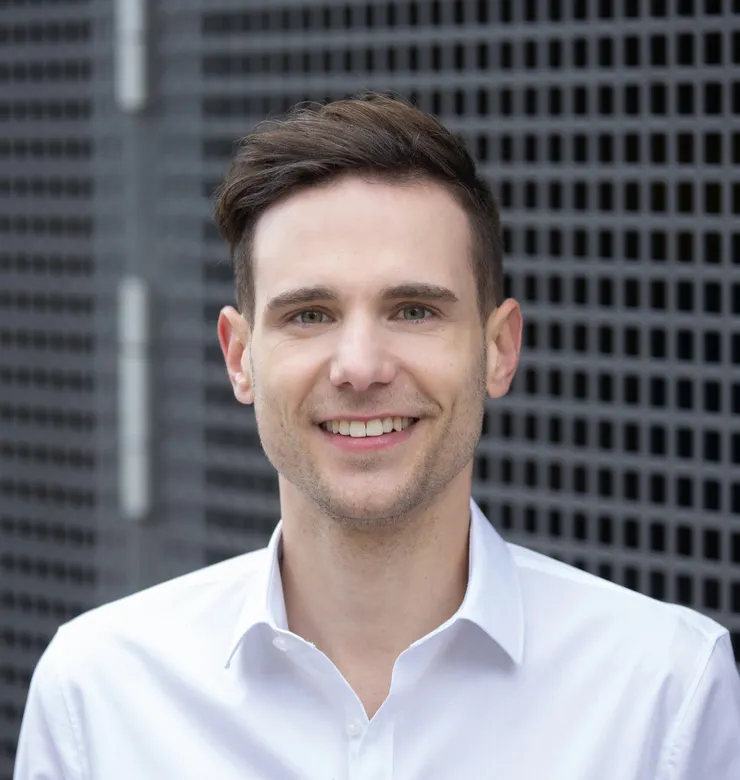
Research Interests: As a psychologist, I am interested in understanding how individuals deal with risks when making decisions and how effective communication of these risks can enhance decision making in the health domain. Specifically, I study how people make decisions under risk and uncertainty depending on how they learn about the available options. Furthermore, I am interested in how to present information about medical risks in order to help people understand information better and improve medical decision making. Finally, I’m also interested in how and why differences in numeric competencies affect decision making.
Keywords: Judgment and Decision Making, Risk Communication, Numeracy
Dr. Eva Thomm

Research interests: Coming from the field of educational psychology I am interested in studying individuals’ capacities to consult and evaluate scientific information within situations of daily life. Particularly, my interest is to examine which understanding non-experts (“laypeople”) possess about (controversial) scientific evidence, how they apply this understanding when using and interpreting evidence, and which contextual and individual factors (e.g. prior beliefs, topic at stake) influence their reasoning. These questions are addressed in the contexts of daily life (e.g. decision making on health-related questions) and professional work (e.g. teacher education). In current research, we specifically aim at identifying individual cognitive and motivational prerequisites that facilitate rejection or acceptance of evidence.
Keywords: Public Understanding of Science, Scientific Reasoning and Argumentation, Epistemic Trust, Laypeople.
Dr. Benedikt Werner
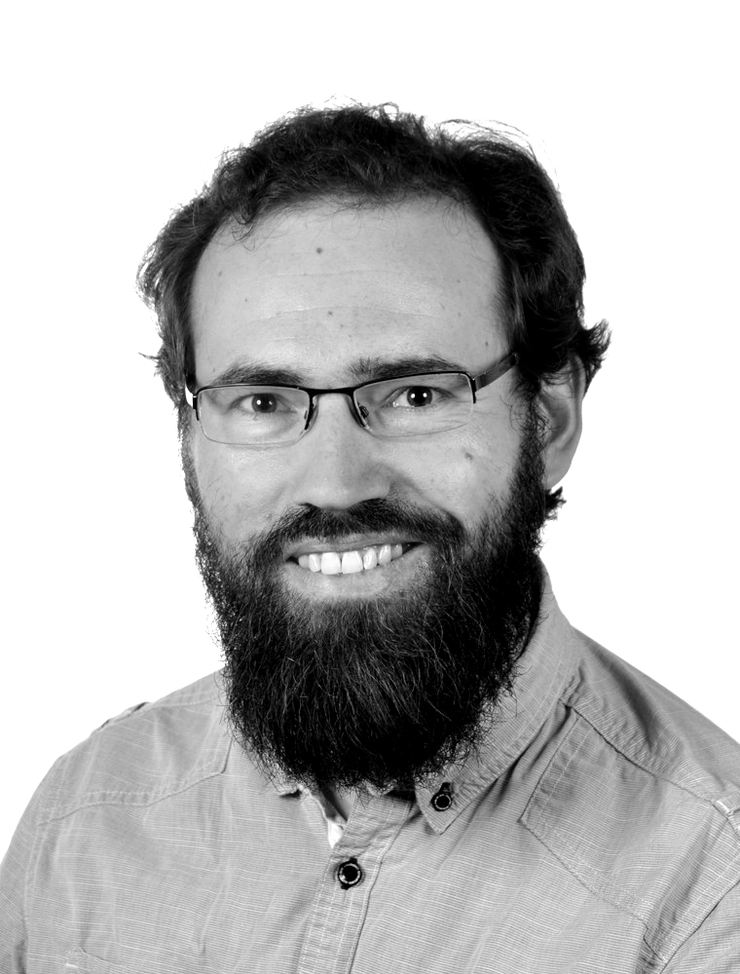
Research interests: My current research mainly focuses on the potential risks and challenges of cultural differences. Specifically, what kind of differences are perceived as actually existent, problematic or beneficial between migrants and a native population. The penultimate goal would be to support means of education and integration of partly different cultures. For a start, I am planing to approach this in a more abstract manner, employing (asymmetric) group designs to get at ingroup-outgroup biases under specific circumstances. Furthermore, I have done research and am interested in implicit measurements, particularly of attitudes to potentially capture implicit associations and biases that might or might not be reflected in explicit behavior and attitudes.
Keywords: Cognitive Psychology, Evaluative Priming, Implicit Measures, Behavioral Economics, Social Psychology, Social Exclusion, Cultural Perceptions, Group Dynamics, Morality, Irrationality

